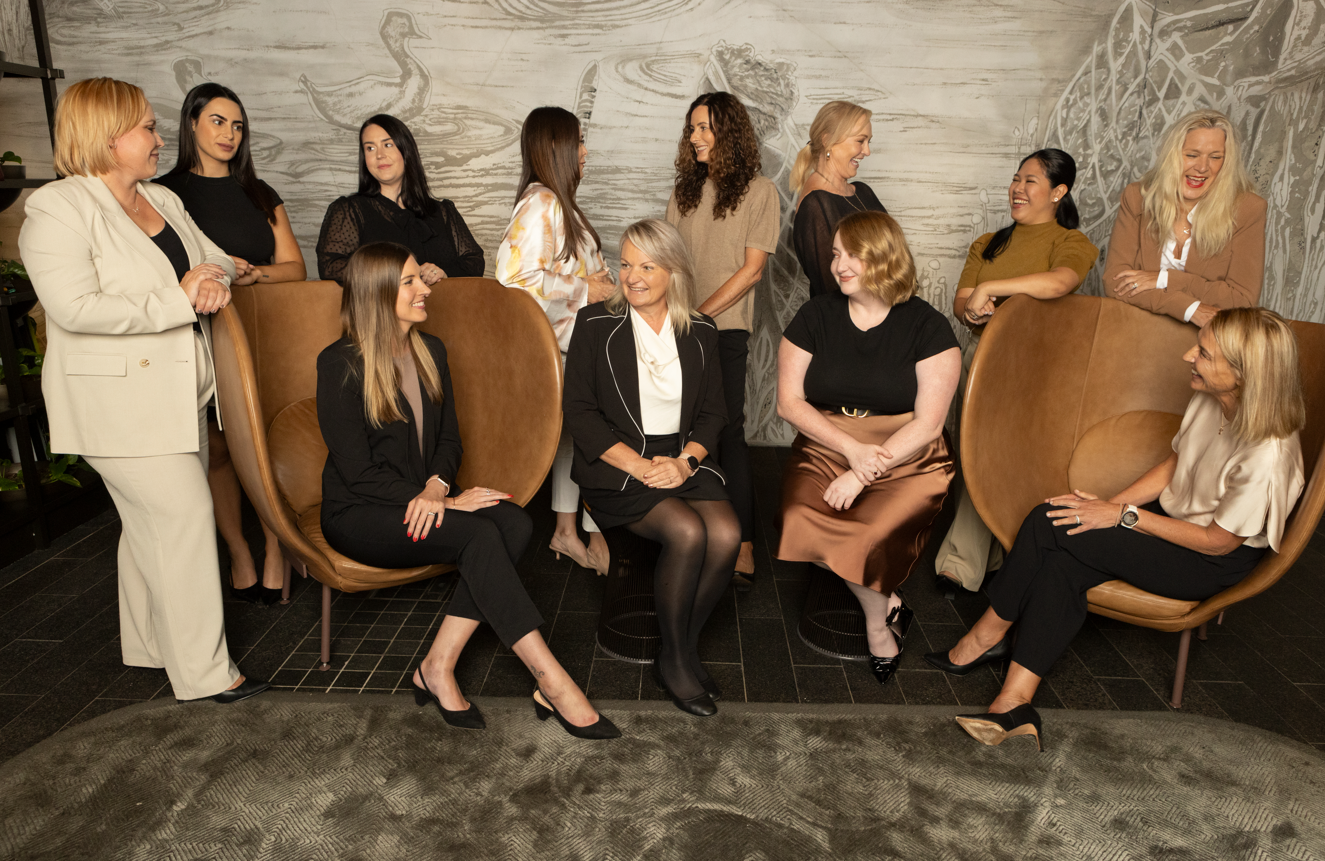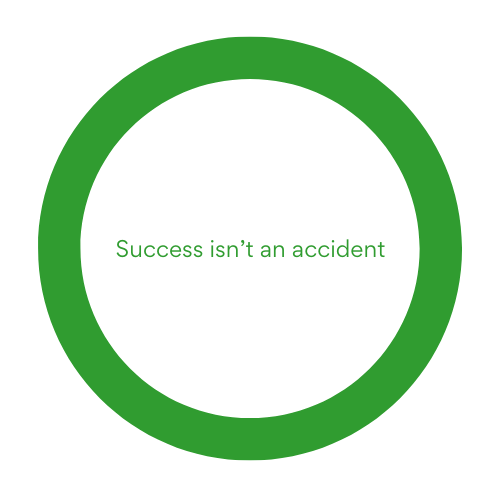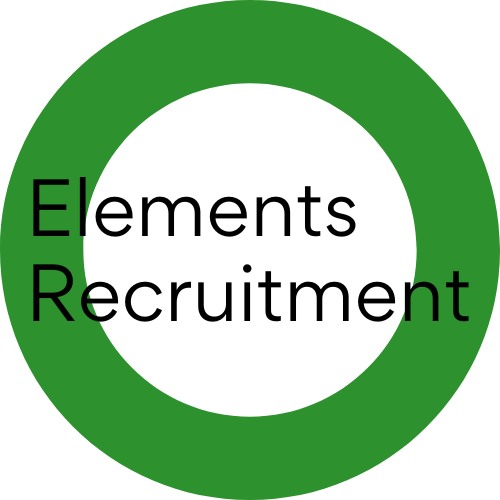Sustainability has become a defining priority for businesses worldwide. As companies navigate consumer expectations, regulatory demands, and global environmental challenges, sustainability in the workplace is transforming from a value-add to a strategic necessity. This shift is driving the growth of sustainability-focused roles and highlighting the importance of embedding green practices into organisational culture.
The rise of sustainability careers
Sustainability careers are rapidly expanding across industries, driven by increased regulation, innovation, and demand for environmental accountability. Roles like Sustainability Manager, Chief Sustainability Officer (CSO), and Environmental Analyst are essential for organisations aiming to achieve long-term impact. The global transition to a greener economy is estimated to generate millions of jobs, with renewable energy and environmental consulting leading the way.
Renata Wilkosz, Sustainability Manager at Beak & Johnston, highlighted the complexities these professionals face: “One of the biggest challenges is navigating Scope 3 Emissions reporting. Gathering meaningful data and understanding how to verify and share it are significant hurdles, particularly given the lack of robust frameworks tailored to Australia’s context.”
The emergence of mandatory reporting requirements, such as emissions accounting, is creating new career paths, blending sustainability with areas like finance and data analysis. Renata noted, “This is a new type of accounting, emission accounting, that demands innovative thinking and a clear understanding of both environmental and financial systems.”
These roles are not limited to technical expertise. Businesses are increasingly seeking leaders who can integrate sustainability into their broader strategy, navigate complex regulatory environments, and communicate green initiatives effectively to stakeholders.
What is sustainability in the workplace?
Sustainability in the workplace goes beyond adopting eco-friendly practices; it’s about fostering an organsational culture that values long-term environmental, social, and economic health. It encompasses a range of practices, including:
- Reducing energy consumption and waste
- Adopting renewable energy sources
- Promoting diversity, equity, and inclusion
- Ensuring ethical supply chain management
- Engaging employees and stakeholders in sustainable initiatives
By integrating these principles, businesses can reduce their environmental footprint, improve employee satisfaction, and align with the expectations of modern consumers.
Why businesses are prioritising sustainability
Embedding sustainability into workplace culture requires intentional effort and a commitment to systemic change. Here are key strategies to achieve this:
Regulatory Compliance
Governments worldwide are implementing stricter environmental regulations, and businesses must adapt to avoid penalties and remain competitive. From carbon emissions to waste management, compliance is a key driver of sustainability.
Consumer Expectations
Today’s consumers prefer companies that demonstrate a commitment to sustainability. This preference translates into purchasing decisions, brand loyalty, and long-term customer retention.
Cost Savings and Efficiency
Sustainable practices often lead to cost reductions through energy efficiency, waste minimisation, and optimised resource management. These savings can offset initial investments in green initiatives.
Risk Management
Climate change poses risks to supply chains, infrastructure, and operations. Sustainable practices help mitigate these risks and ensure business continuity.
Employee Engagement and Recruitment
A commitment to sustainability can attract top talent and increase employee satisfaction. Workers increasingly value employers who align with their personal values.
How to embed sustainability into workplace culture
Embedding sustainability into workplace culture requires intentional effort and a commitment to systemic change. Here are key strategies to achieve this:
- Leadership commitment
Sustainability must start at the top. When leaders visibly champion green initiatives, it sends a strong message to employees and stakeholders. Establishing sustainability goals and communicating progress regularly reinforces its importance. - Employee education and engagement
Educating employees about their role in sustainability efforts fosters a sense of ownership. “Little wins can make a big difference,” Renata shared. “Even small actions can create a butterfly effect, inspiring further change across the organisation.” - Integrating sustainability into values and practices
Align sustainability with organisational values by incorporating it into mission statements, decision-making processes, and performance metrics. Recognising and rewarding sustainable behaviours helps reinforce these values. - Collaboration across departments
Sustainability is a shared responsibility that spans all functions. Encourage cross-departmental collaboration to create comprehensive and innovative solutions. - Celebrate progress
Acknowledging and rewarding sustainability milestones helps sustain momentum. Whether through public recognition or internal incentives, celebrating achievements reinforces their importance. - Community and stakeholder engagement
Engaging with local communities and external stakeholders enhances the impact of sustainability initiatives. Partnerships with environmental organisations can amplify efforts and provide valuable resources. - Advocate for government support
Education and government support are critical to driving change. Businesses can play an active role in advocating for policies and resources that support sustainability initiative.
Sustainability opportunities and challenges
Sustainability professionals face unique challenges. The misconception that sustainability always saves money creates unrealistic expectations, while the complexity of calculating ROI for green initiatives can deter decision-makers. Additionally, Australia’s frameworks for sustainability often lag behind global standards, complicating efforts to align with international benchmarks.
Yet, the opportunities are immense. Mandatory reporting, growing consumer interest, and the energy of a new generation of sustainability-focused professionals are driving innovation and collaboration. Renata emphasised the importance of persistence: “Sustainability efforts often take time to show results, which can be frustrating. But being part of a network of like-minded professionals helps maintain focus and motivation.”
The future of sustainability in the workplace
As the demand for sustainability professionals grows, organisations that prioritise green practices and cultivate a culture of sustainability will be better positioned to thrive in the long term. From reducing environmental impact to improving employee satisfaction and customer loyalty, embedding sustainability into the workplace is both a moral and strategic imperative.
By addressing challenges such as the skills gap and investing in education and training, businesses can ensure they have the talent needed to lead in this transformative era.




